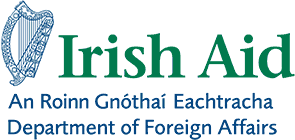Second Hand September
Say yes to second hand this September!

#OxfamPreloved
Millions of items of clothing end up in landfills across Ireland every year – that means tens of thousands of tonnes of textiles decomposing in the ground, destroying our environment.
People are starting to see just how much pressure throwaway fashion is putting on our planet and people, and how unsustainable it is. People are starting to take action, and you can too!
Set yourself a personal challenge, and join us for Second Hand September as we say yes to pre-loved clothes by giving them a second lease of life!
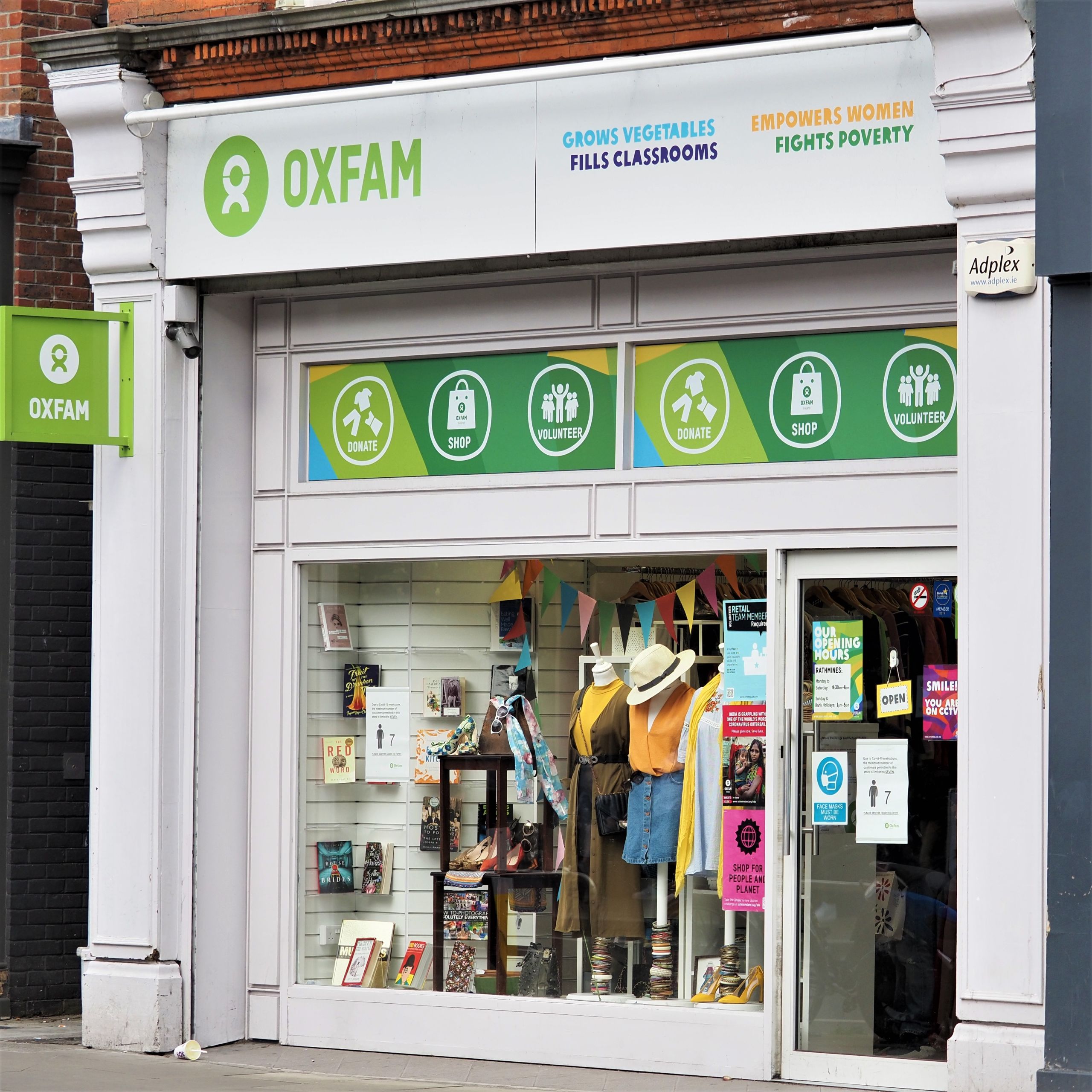
We have 47 Oxfam shops across the island of Ireland all of which sell high-quality pre-loved clothes, accessories, handbags and shoes, and you can find even more items up for grabs on Fashion Relief TV, our interactive (always on!) shopping channel with Broadcaster Lorraine Keane.
Our teams of nearly 1,000 staff and volunteers are ready to help you start (or continue!) your journey to more sustainable fashion choices.
Step 1:
Say yes to second hand this September
Visit your local Oxfam shop and bag a bargain from the rails of pre-loved gems.
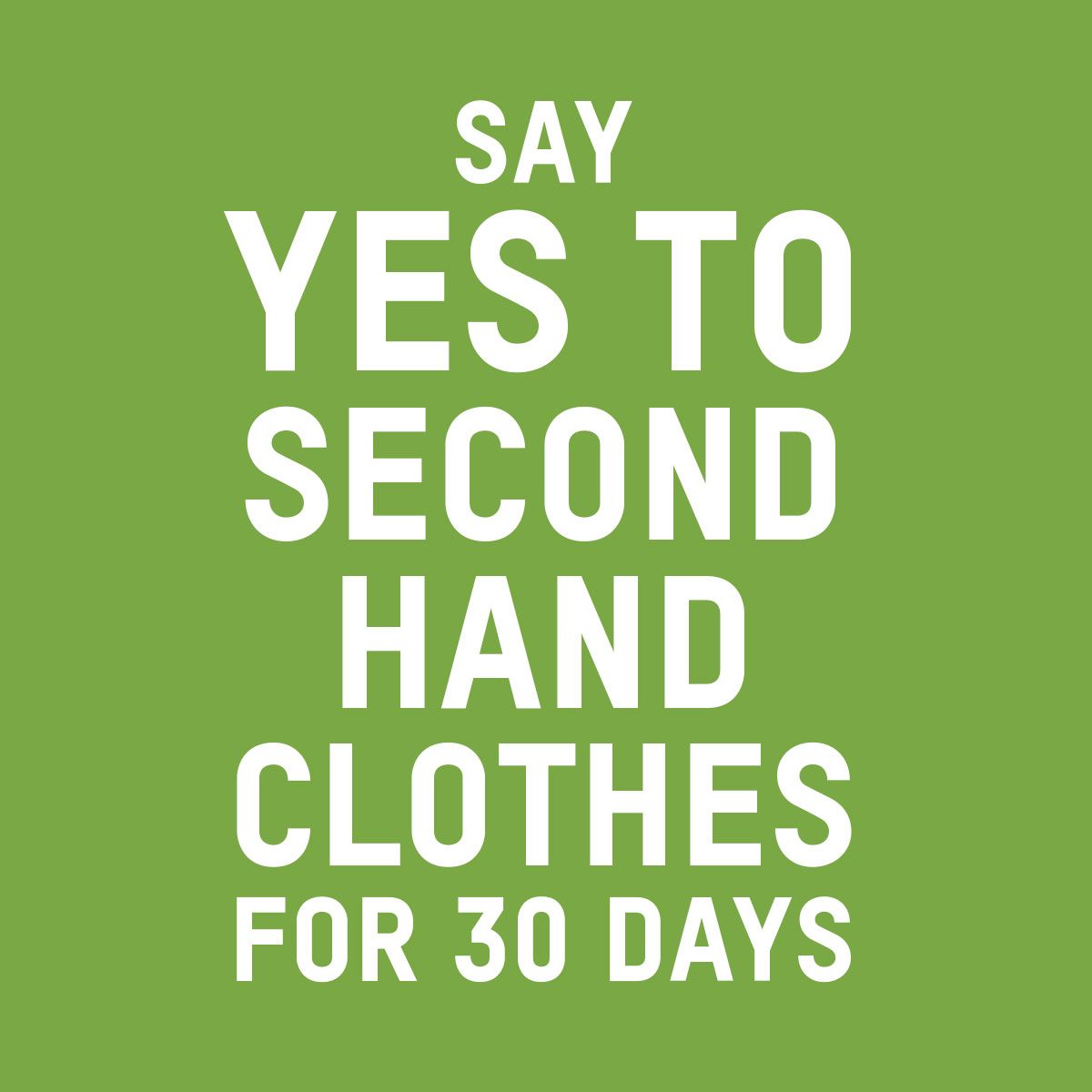
Step 2:
Share your second hand finds
by using #SecondHandSeptember and tagging us @oxfamireland.
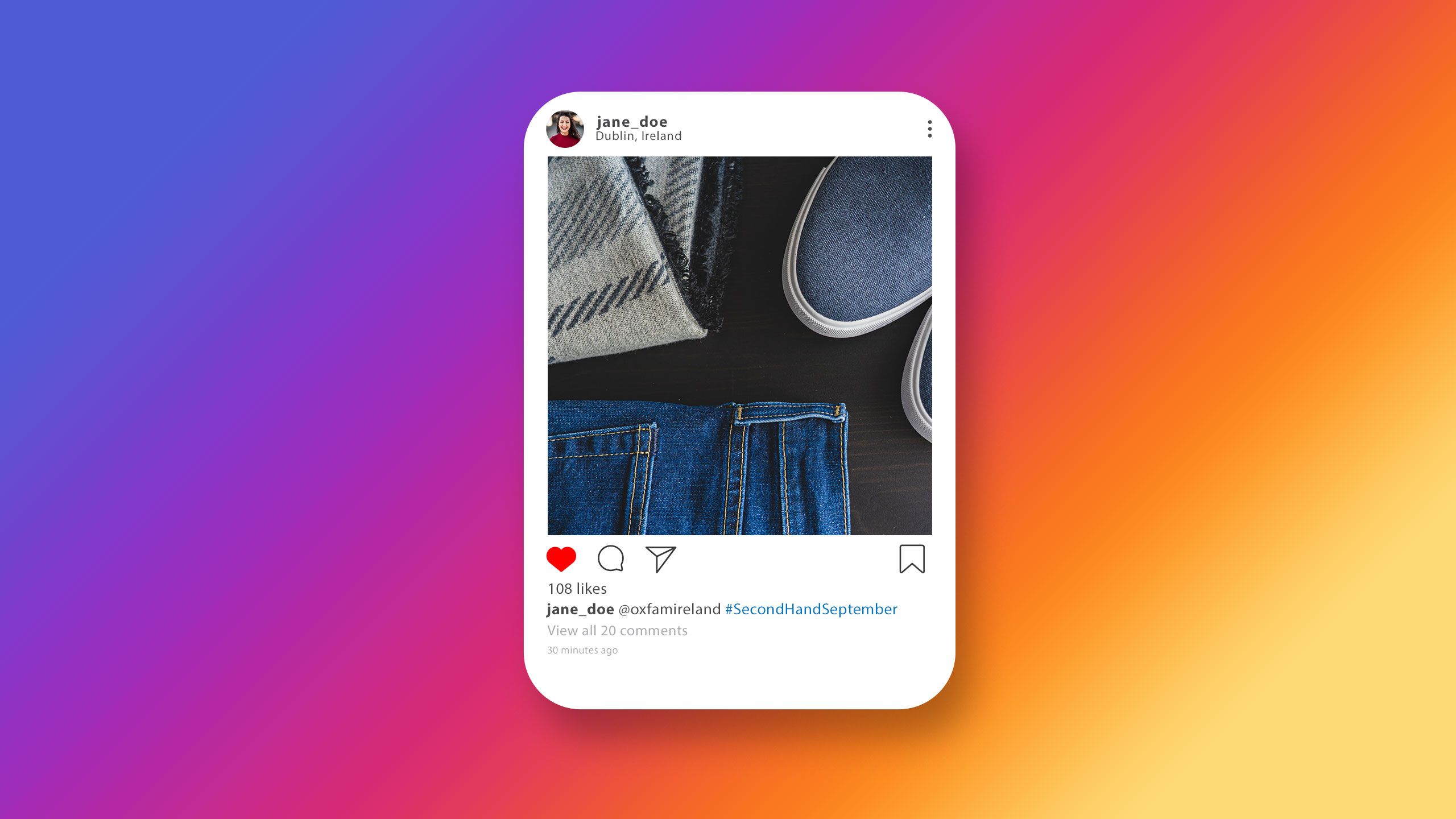
Step 3:
Tag your friends
and ask them to get involved!
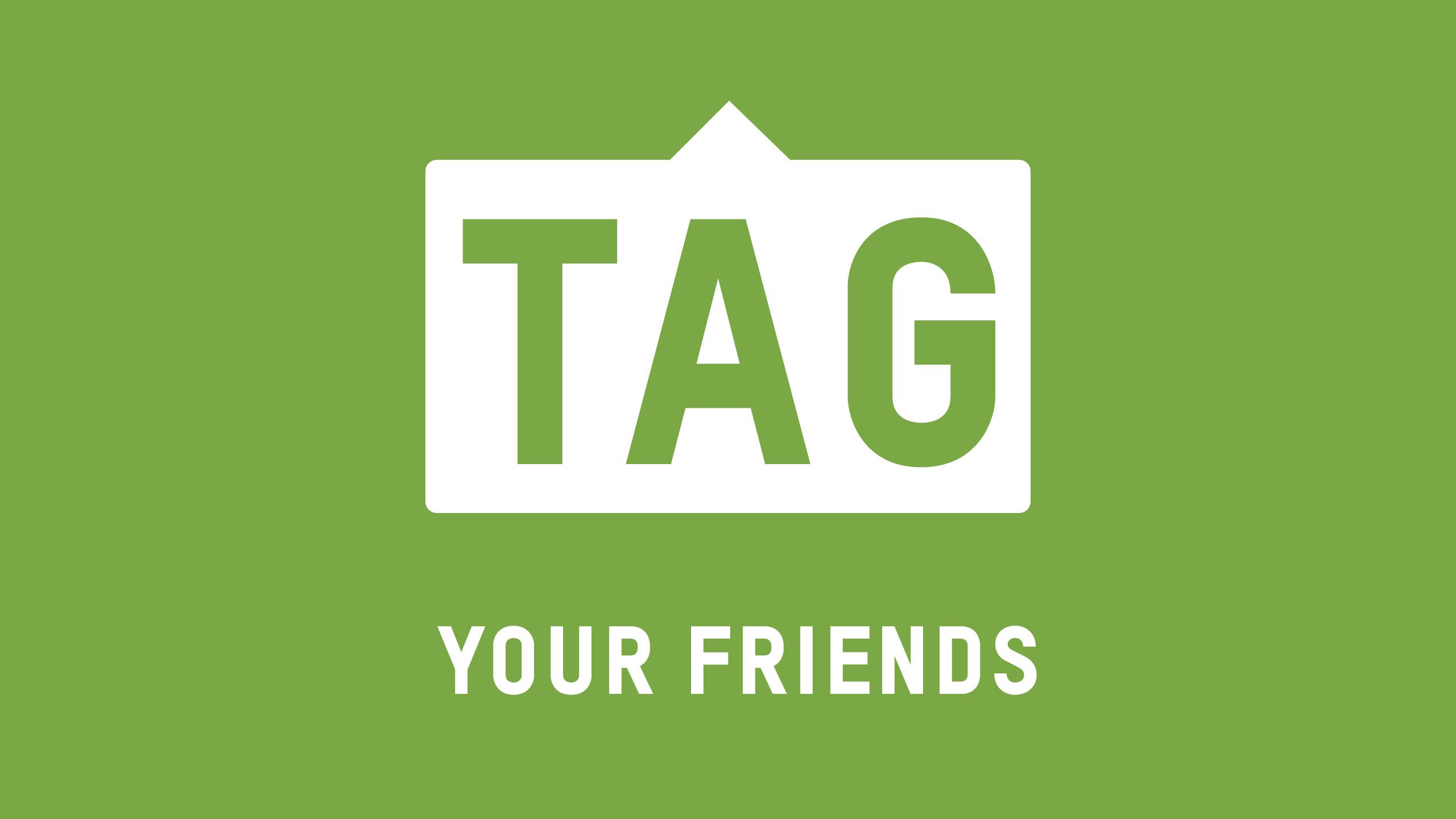
The Why
The fashion industry isn’t usually what people think of when considering climate villains or big polluters, but many of today’s clothes are produced in high volume which means a high cost to the planet.
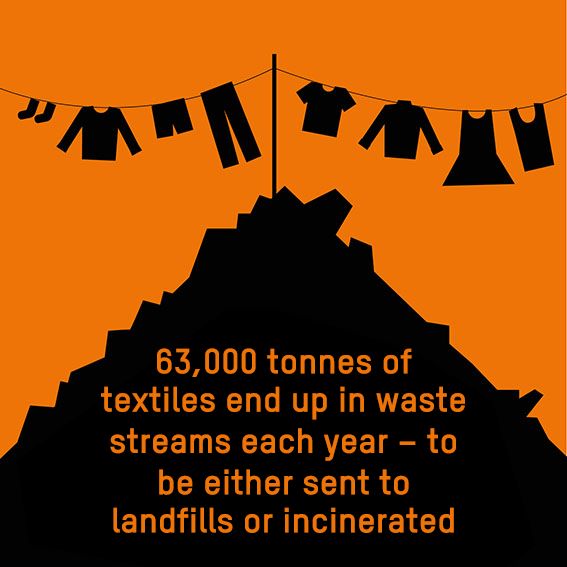
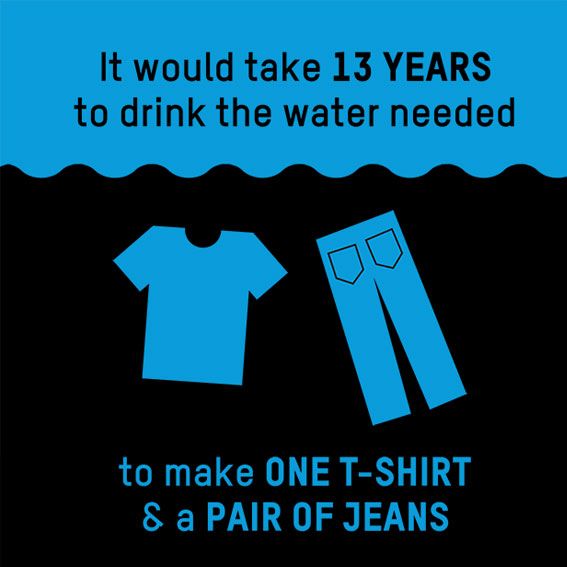
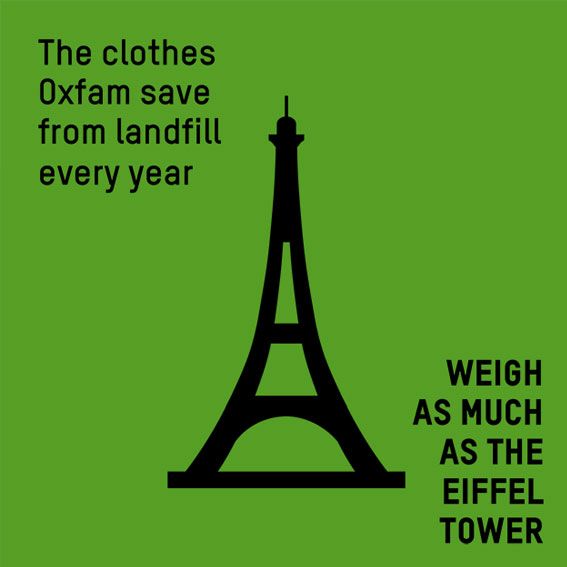
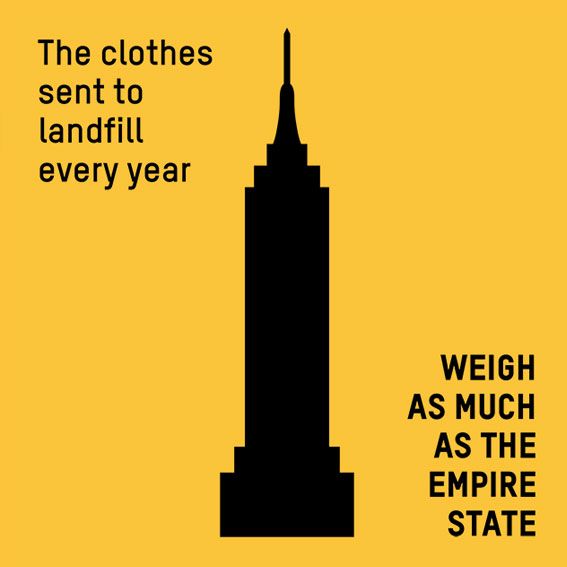
*According to our National Action Plan




*According to our National Action Plan
Trigger warning - the fashion industry is responsible for 10 percent of global pollution.
Recent research reveals that impacts from the fashion industry include:
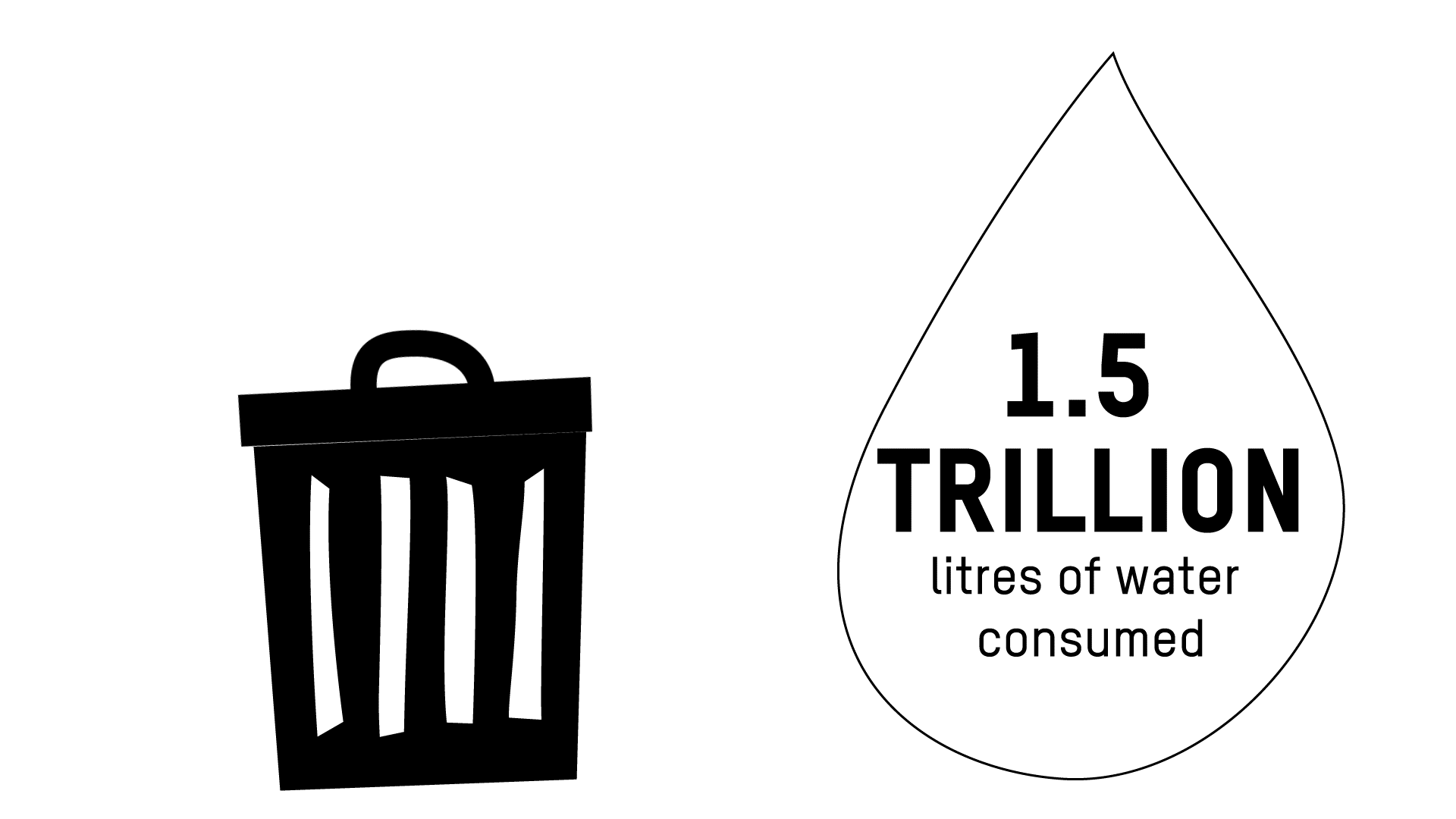
According to our own national Waste Action Plan for a Circular Economy, since 1975, the global production of textiles has exploded! Almost tripling while the price of clothing has plummeted.
Lower prices have seen shoppers buying more clothes than they really need, which has resulted in the phenomenon known as ‘fast fashion’.
Between 1996 and 2012, it’s been estimated that the amount of clothes bought per person in the EU increased by 40 percent and of the 26kg of textiles each person buys a year, nearly 1/4 are discarded in mixed household waste.
Our National Action Plan also highlights that less than one percent of all textiles worldwide are recycled.
With around 63,000 tonnes of textiles ending up in waste streams each year – to be either sent to landfills or incinerated, throwaway fashion is having a devastating impact on our planet and people. We also know that the world’s poorest, who have done the least to cause climate change, are most affected, through droughts, floods and extreme weather events.
And in case you need another reason to join us in saying YES TO SECOND HAND this September, clothes can also take up to 200 YEARS TO DECOMPOSE!
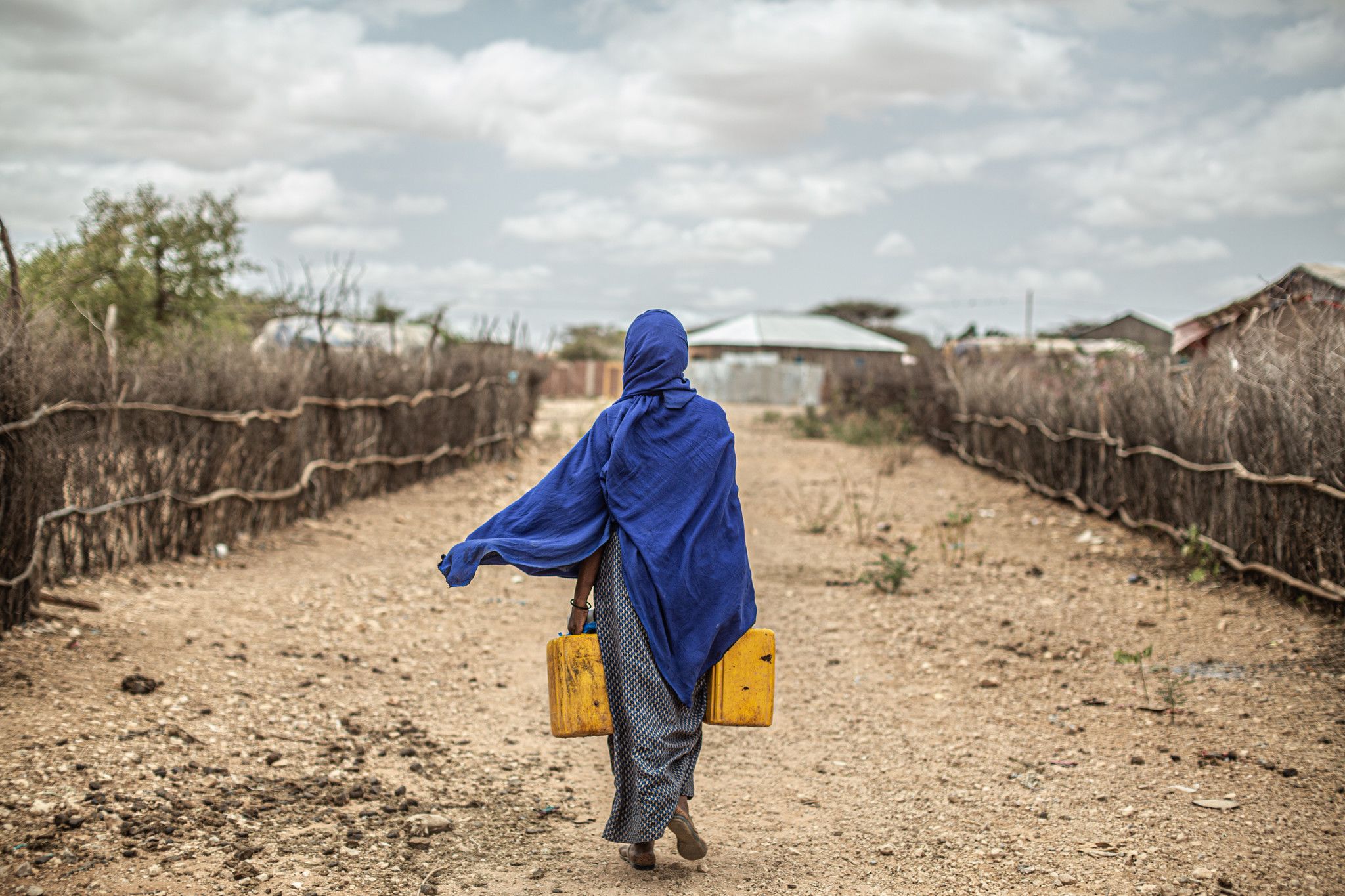
Photo: Pablo Tosco/Oxfam Intermon
Photo: Pablo Tosco/Oxfam Intermon
So, as you can see, the problems with fast fashion are piling up.
As we mentioned, clothes are produced cheaply, which often means low wages and poor working conditions for garment workers. A majority of garments workers aren’t paid a living wage, which means they can struggle to afford essential items such as medicine.
Are your jeans drinking up the world’s water?
From growing the cotton to the dyeing process, it can take an estimated 20,000 litres of water to make just one pair of jeans and one t-shirt. To put this into perspective, it would take you more than 13 years to drink this amount.
Millions of pairs of jeans are sold in Ireland every year. But with so many people around the world living without safe, clean water – and global demand for water continuing to rise – you’ve got to ask the question, how this can go on?
Saving water is just one way you’ll be helping the planet and its people by saying yes to second hand for 30 days.
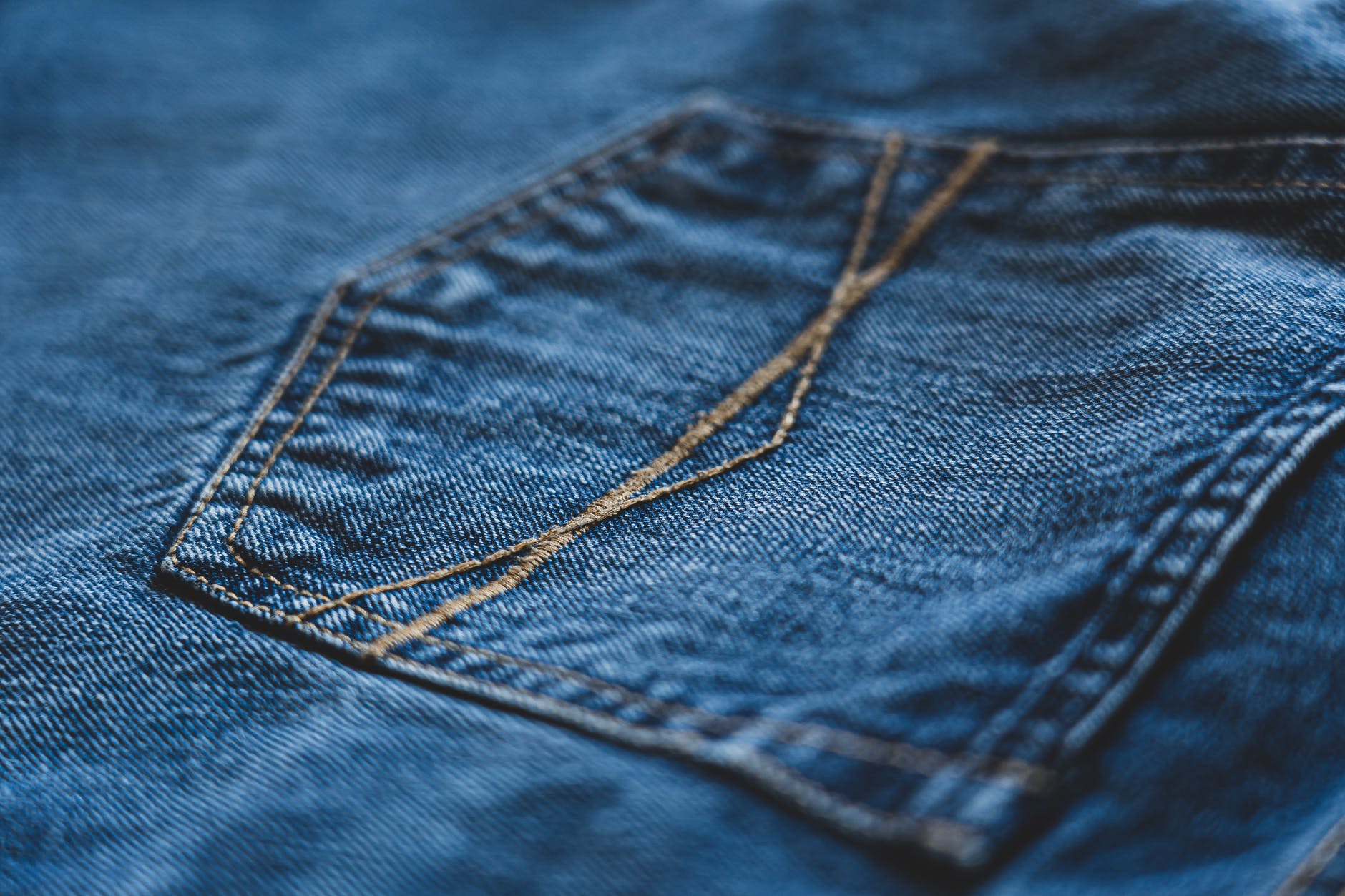
Did you know that in Ireland*:
Through our network of shops, along with other members of the Irish Charity Shop Association, we collectively divert around 23,000 tonnes of clothing from landfill every year.
Even during the pandemic, with rolling lockdowns which meant shops were only trading for 33 weeks of the year, charity shops in Ireland managed to divert 14,775 tonnes from landfill - that’s the equivalent of the weight of Dublin Bus’s fleet of more than 1,000 vehicles!
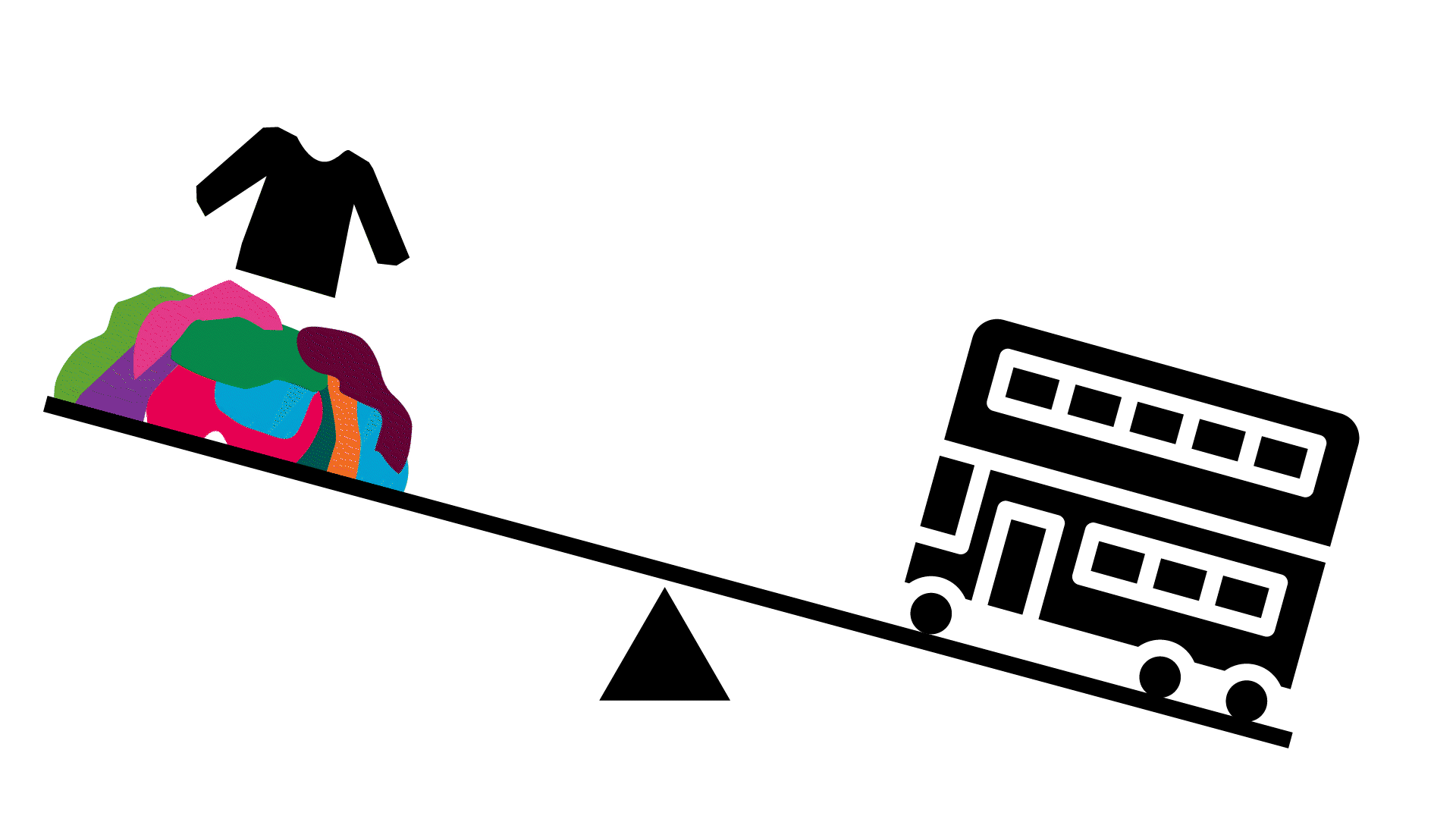
It also prevented 106,000 tonnes of greenhouse gases from being released into the atmosphere.
And that's not to mention our network of shops in Northern Ireland who, along with members of the Charity Shop Association UK, collectively save around 339,000 tonnes of clothing from landfills every year.
In addition, with the help of our incredible staff and volunteers, we were able to raise much needed funds in support of the world’s most at risk communities.
So, as you can see, second hand items hold a lot of value and power. Every garment or item donated to, or bought at Oxfam shops or on Fashion Relief TV helps our environment, while raising vital funds to fight inequality and support our global mission to beat poverty.
Take our 30-day challenge and see where it takes you…
Now you've got the facts, we’ve got all the second hand shopping tips and inspiration you’ll need to start your journey towards more sustainable clothing options.
And remember, by buying and donating second hand clothes through Oxfam shops and Fashion Relief, you’re giving clothes a longer life, slowing down fast fashion, and helping to protect our planet.
So drop into your local Oxfam shop, or tune into Fashion Relief TV, you’re guaranteed to find some really unique and fun items, but you’re also reinvesting your money into vital work beating poverty around the world – creating a better future for everyone.
This is the circular economy and it’s a win-win - for people and planet, and you and your wardrobe.




